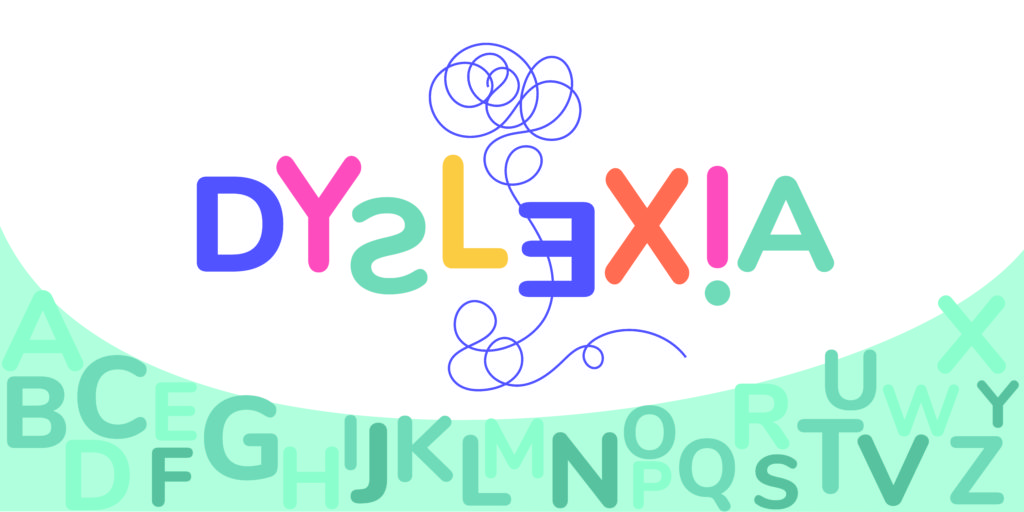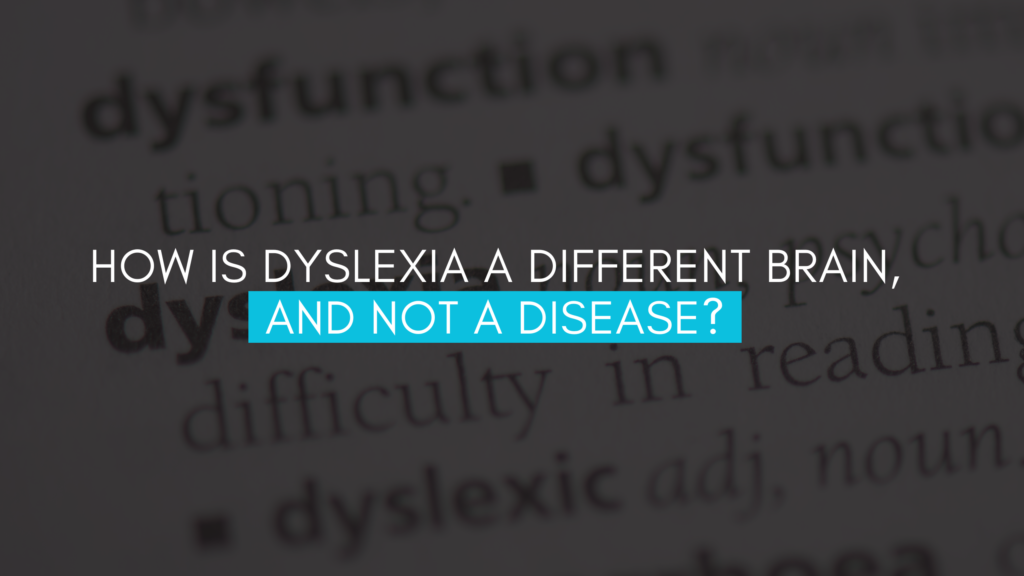Dyslexia has been stigmatized and misunderstood for a long time. It is basically a neurological condition that affects the reading and writing ability of a child. But this is crucial for everyone to understand that dyslexia is not a disease but a different way of processing knowledge and information in one’s brain.

To foster a more inclusive society, we need to first shift our perspective from treating dyslexia as a deficit to fathoming it as an exotic cognitive profile. Our duty is to support dyslexic individuals and help them reach their full potential rather than mocking them and making them feel that they are any less.
I Empower LLC has taken the initiative to educate parents and teachers on how they should behave with dyslexic children through their dyslexia training program.
In this Blog, we are going to discuss the nature of dyslexia, debunk the myths about dyslexia and highlight how strong a child can be with this unique brain setup.
• Understanding Dyslexia:
Every child is differently wired and children with dyslexia have a completely different way of processing languages and information.
People mistakenly believe that it is a mental condition whereas researchers have proven that children with dyslexia are not mentally ill but they are wired in a different way.
And that’s it!
It is basically a myth that dyslexia is related to vision, intelligence, and motivation problems.
Well, the truth of the matter is completely different. Approximately 10% of the world’s population has dyslexia. If the condition is diagnosed at an early stage, the child’s brain can be channelized differently for sure.
• Different Brain Wiring:
Dyslexia is rooted in functional as well as structural differences in the brain, research shows. Neuroimaging studies have demonstrated variations in brain activity and connectivity patterns in individuals with dyslexia, particularly in regions associated with language processing and reading skills. These differences affect the way dyslexic individuals perceive and process written language, making it challenging for them to decode words, recognize letter-sound relationships, and develop fluent reading skills.
• Strengths Associated with Dyslexia:
Dyslexic students face challenges in traditional academic settings but it does not mean that they do not have other strengths and talents. Thus, recognizing the talents and strengths associated with the unique cognitive profile becomes extremely important for both parents and teachers. Dyslexia training offered by I Empower LLC highly focuses on this section of identifying the strengths of children with dyslexia. In most dyslexic individuals, finding problem-solving skills, creative thinking, and holistic reasoning abilities are quite common. Many dyslexics have strong spatial reasoning, visual thinking, and pattern recognition skills, enabling them to excel in fields such as art, design, engineering, and architecture. The ability to think outside the box and approach problems from different angles is a hallmark of dyslexic thinking.
• The Importance of Accommodation and Support:
Students with dyslexia find various difficulties in normal educational settings, where reading, memorizing, and writing play the central role. Hence, the intervention of support and accommodation becomes essential and these can help them thrive both personally and academically. Try using assistive technology such as dyslexia-friendly fonts or text-to-speech software, and personalized learning strategies to accommodate students with learning difficulties. As a teacher, you can also help them with extra time for exams and this will make them confident to appear in an exam without hesitation. We all need to embrace these accommodations and provide an inclusive environment to encourage dyslexic individuals to identify and nurture their strengths and overcome their weaknesses.
• Embracing Neurodiversity:
What are your thoughts on the concept of neurodiversity?
Well, you must give it a thought!
The concept basically emphasizes that neurological differences such as dyslexia are nothing but a natural variation of the human brain.
We all know that for the health of ecosystems, biodiversity is vital, similarly, neurodiversity is crucial for the progress as well as the well-being of the society that we live in. Rather than trying to “fix” dyslexic individuals or force them to conform to traditional learning methods, we should focus on creating inclusive educational environments that accommodate diverse learning styles and celebrate individual talents.
To recognize every individual’s uniqueness and strength, embracing neurodiversity is essential.
• Overcoming Stigma and Building Awareness:
It is not dyslexia that ruins an individual’s life but the stigma associated with the condition does. People misunderstand dyslexia to be incompetence, laziness, and a reflection of low intelligence.
These detrimental stigmas can have a negative impact on the confidence and self-esteem of an individual with dyslexia. Dispelling this misconception, and building awareness about dyslexia is crucial.
It is important to educate teachers, parents, and the general public about dyslexia. Thus, we can foster acceptance, empathy, and understanding. We must create a supportive environment, where dyslexic individuals will not feel alienated. They should be encouraged to identify and nurture their talents and strengths. This will for sure lead them to their success and overall well-being.
• Shifting the Narrative:
The Dyslexia training program at I Empower LLC aims to change the narrative associated with dyslexia. It teaches teachers and parents to highlight the talents, strengths, and unique perspectives a dyslexic person has rather than solely focusing on the challenges that he or she faces. We all should come together and create a more inclusive society where dyslexic people feel comfortable.
Dyslexia should not be seen as a barrier to success but rather as a different way of thinking and processing information. By celebrating neurodiversity, we create a society that values diverse minds and fosters a culture of inclusion and innovation.
Conclusion:
I Empower LLC has taken the initiative to educate people about dyslexia and to shift the narrative surrounding dyslexia through dyslexia training.
Stop spreading myths and embrace dyslexia as a unique cognitive profile. Thus, we can create a more inclusive society that empowers dyslexic individuals to embrace their strengths and overcome challenges.
